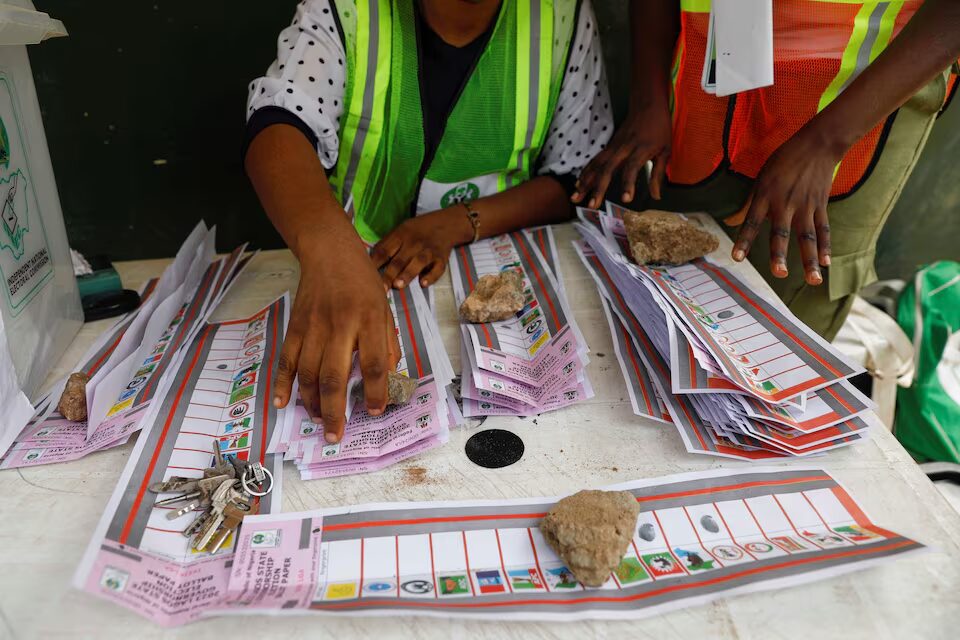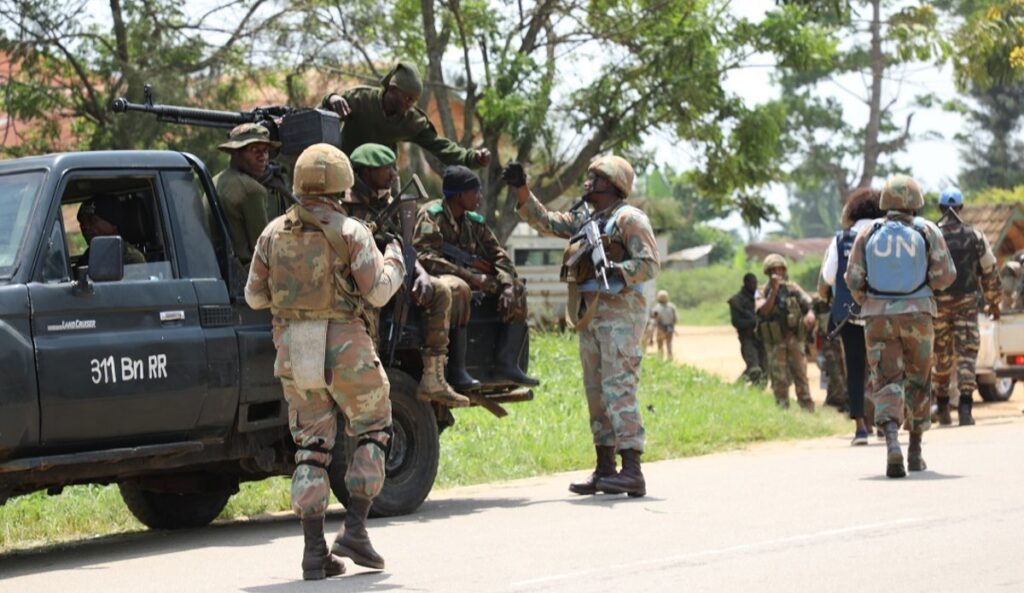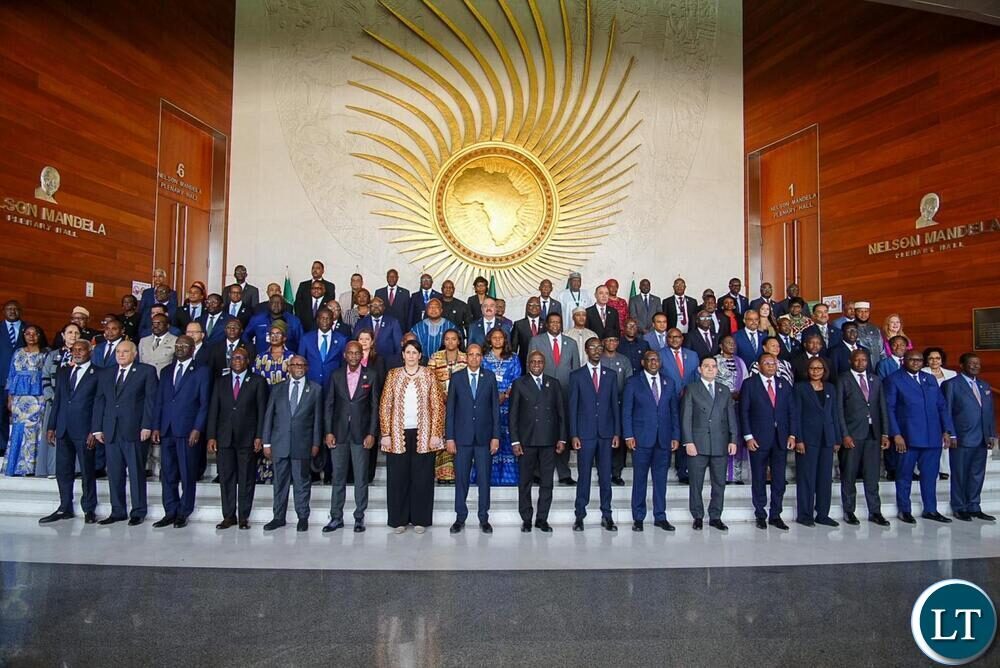
Sunday 23rd November 2025

by inAfrika Newsroom
A wave of ADF attacks Lubero territory in eastern DR Congo has left at least 89 civilians dead, the UN peacekeeping mission MONUSCO has confirmed. The killings took place between 13 and 19 November in North Kivu province, where communities remain caught between multiple armed groups despite joint military operations.
According to MONUSCO, ADF fighters attacked several villages, killing women and children and burning homes. In one of the worst incidents, gunmen stormed a Catholic church-run health centre in Byambwe, murdering 17 people, including 11 women in a maternity ward, before looting medicine and setting four wards on fire. The ADF attacks Lubero area even as separate M23 rebel activity keeps parts of North Kivu unstable and complicates civilian protection.
The ADF, originally a Ugandan rebel movement that pledged allegiance to Islamic State in 2019, continues to operate in the region despite joint offensives by Congolese and Ugandan forces. Moreover, humanitarian agencies say thousands of people have fled the recent violence, adding to displacement in a province already strained by conflict, disease and limited basic services.
MONUSCO called the latest ADF attacks Lubero villages potential war crimes and urged Congolese authorities to mount “independent and credible” investigations, while also strengthening early-warning systems.
However, many residents in Lubero and nearby territories complain that security forces often arrive late or leave quickly, which allows ADF units to regroup. Regional mediators worry that continued violence could undermine fragile talks aimed at de-escalating multiple armed confrontations in eastern DR Congo, including those linked to neighbouring countries.
Why it matters for Africa
The ADF attacks Lubero matter for Africa because eastern DR Congo is a strategic corridor for trade, energy and critical minerals. Persistent violence keeps roads closed, disrupts cross-border commerce with Uganda and Rwanda, and deters investment in formal mining and processing. Communities instead depend on informal or illicit networks, which often finance armed groups and prolong instability. Moreover, refugee flows from eastern Congo place additional pressure on already fragile host communities in neighbouring states. If insecurity continues, it will limit the region’s ability to benefit from AfCFTA trade, regional power-pool projects and planned transport links. Effective action against the ADF is therefore central to stability in the Great Lakes and beyond.


